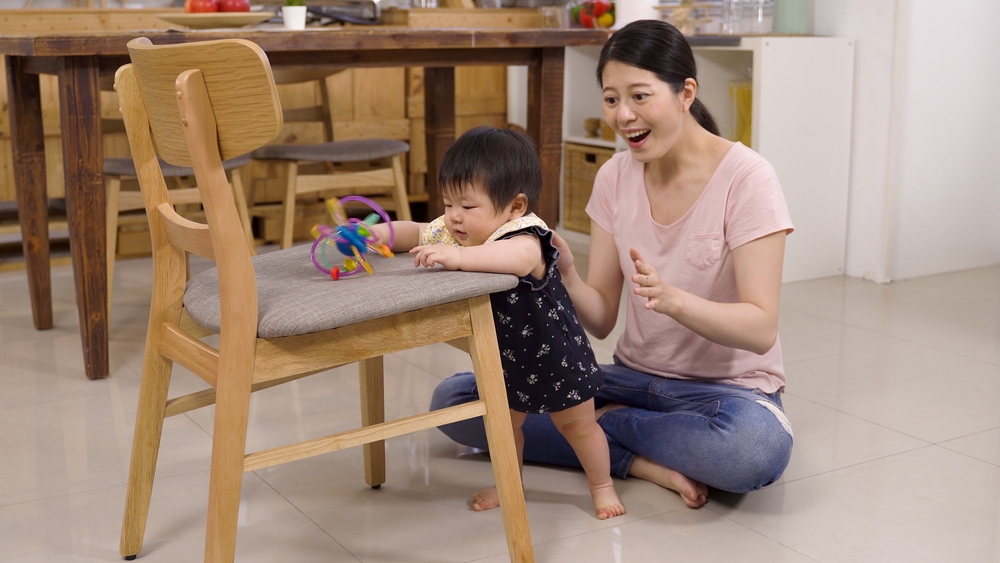Parenting Tips
November 2022

Written by: Founder & Volunteer Director of Good Love Passion
Lam Ho Pui Yee
From childhood to adulthood, independence does not happen overnight. From the cradle to society, this journey is made up of countless small steps, and every small step in a child’s development is an opportunity for parents to learn to let go.
Because we can’t be with our children all our lives and take care of them until they grow old, we as parents should know how to let go in a timely manner. The purpose of letting go is to help your child grow and become an independent person who can take responsibility for himself. This kind of love has deep meaning.
How to let go
1. love and discipline go hand in hand
Many parents want to be friends with their children, but respect is not an indulgence. In my opinion, being a friend to your child means that you want to share and communicate more about each other’s inner worlds, but not in respectful way, children still need the guidance of their parents. Instead of worrying about how to be your child’s friend, you should think and learn how to be your child’s coach and spiritual support. Therefore, listening to children and observing their behavior is the first step in teaching children self-regulation. By learning to listen to their children, parents will be able to understand their children’s potential, interests and passions, and give them the help and support they need to let go.

2. Give children the opportunity to deal with things and learn from their mistakes
Many parents seem to forget that a crying baby eventually learns to sleep without being held, or the joy and emotion of seeing a The ecstasy and emotion of seeing a baby take its first steps without the support of someone. When a child faces conflict, problems or mistakes, parents should not rush to advocate, step in or make amends. Never deprive your child of the opportunity to learn from mistakes and failures, because children learn the ability to advocate for themselves and solve problems, and to take responsibility for the consequences of their choices or actions. In the process of letting go, you allow your child to try mistakes and accept failure.

3. Delay in meeting the needs of the child
We need to let go of the myth that parents don’t have to meet what their children want. In setting boundaries, it is important to delay gratification. We need to distinguish between our child’s “wants” and “needs. When a child asks for something, don’t just give him what he wants. You can wait until his birthday to give him a gift or encourage him to save up to buy it. Many parents in the West encourage their children to help their neighbors hoe their lawns to earn pocket money to buy things they want, because they will appreciate the things they have worked hard for through their own efforts.
In addition to helping children grow and feel responsible for their own lives, there is a higher value in letting go, which is to turn small love into big love. Parents need to learn to let go and bless their children to pursue their lives. When you start to let go, you will find that there is infinite space in life.







